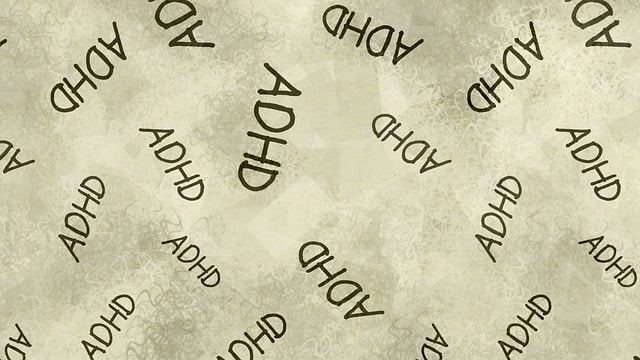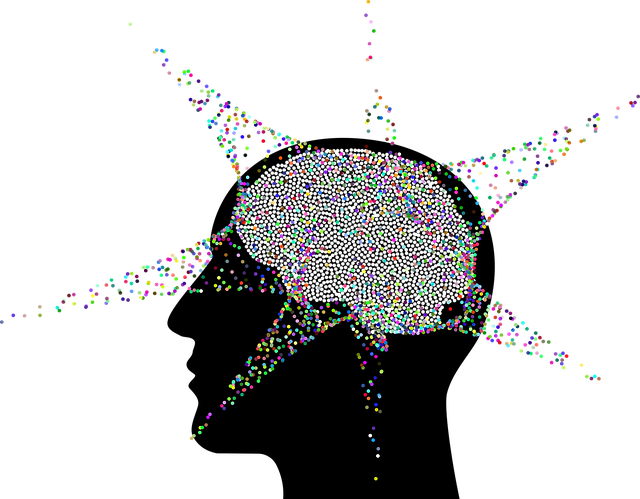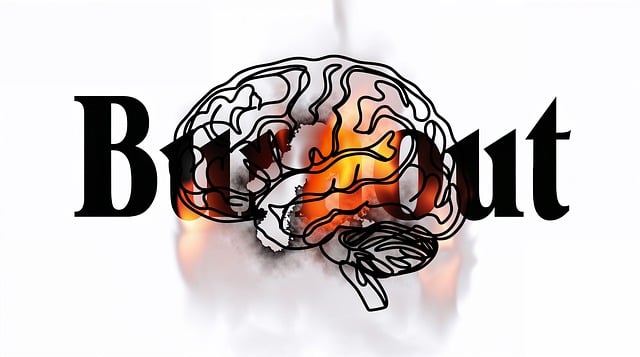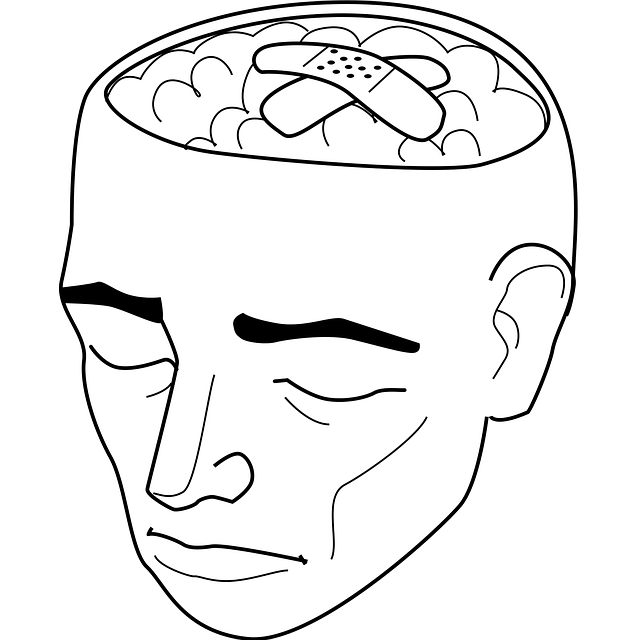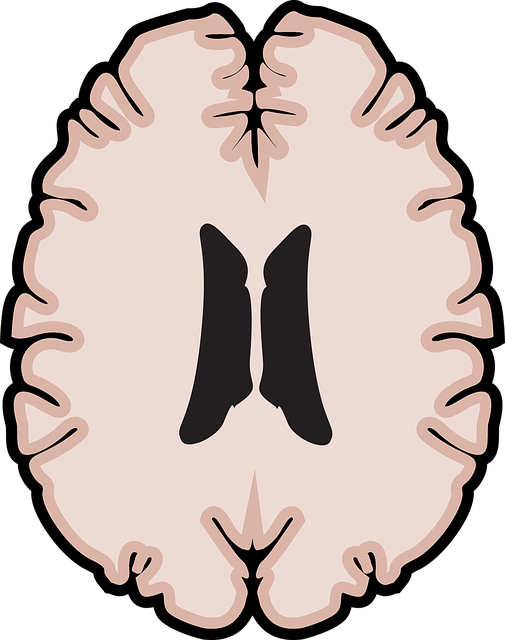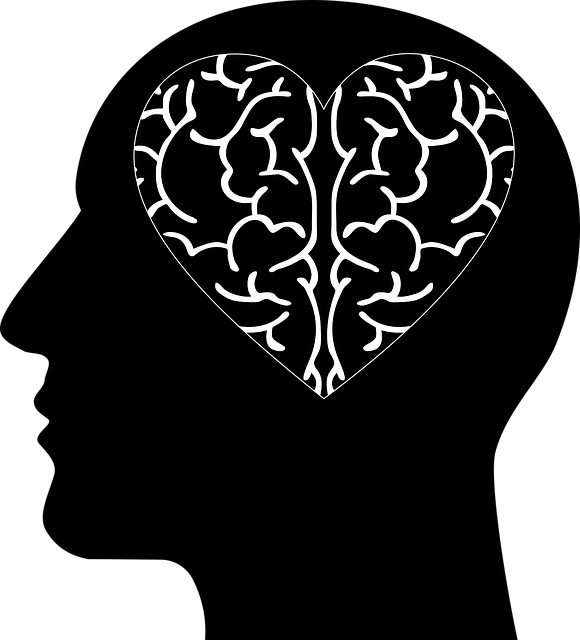Northglenn Neuro Disorders Therapy (NNDT) provides a patient-centered approach to coping with neuro disorders, focusing on emotional intelligence and coping skills development. Their holistic treatment equips individuals with tools like mindfulness, stress management, and compassion cultivation to proactively manage symptoms, prevent burnout, and improve mental well-being, ultimately enhancing quality of life.
Coping skills development is an essential component of neuro disorders therapy, enabling individuals to navigate challenges effectively. This article explores the significance of coping strategies in managing neurologic conditions, with a focus on Northglenn Neuro Disorders Therapy (NNDT). We delve into personal coping strategy identification, highlighting the journey towards self-awareness, and present practical techniques NNDT incorporates to enhance coping abilities, thereby improving daily living.
- Understanding Coping Skills and Their Significance in Neuro Disorders Therapy
- Identifying Personal Coping Strategies: A Journey to Self-Awareness
- Northglenn Neuro Disorders Therapy: Incorporating Coping Skills Development
- Practical Techniques for Enhancing Coping Abilities and Daily Living
Understanding Coping Skills and Their Significance in Neuro Disorders Therapy

Coping skills are essential strategies that individuals use to navigate and manage stressful situations or challenging experiences. In the context of Northglenn Neuro Disorders Therapy, understanding and developing effective coping mechanisms is paramount for supporting patients’ overall well-being. Neuro disorders, such as depression, anxiety, or traumatic brain injuries, can significantly impact an individual’s ability to cope with daily stressors.
Emotional Intelligence and communication strategies play a crucial role in this process. Healthcare providers trained in cultural competency recognize the importance of adapting their approach to suit diverse patient needs. By teaching patients emotional regulation techniques, mindfulness practices, and effective communication skills, Northglenn Neuro Disorders Therapy aims to empower individuals to better manage symptoms, improve their quality of life, and foster resilience in the face of adversity.
Identifying Personal Coping Strategies: A Journey to Self-Awareness

In the quest for improved mental well-being and resilience, identifying personal coping strategies is a transformative journey that begins with self-awareness. This process involves recognizing one’s unique triggers, emotions, and behaviors in response to stress or challenging situations. At Northglenn Neuro Disorders Therapy, we understand that every individual has their own way of navigating life’s complexities. By taking the time to explore these personal coping mechanisms, individuals can gain valuable insights into what works best for them, fostering a deeper connection with their inner selves.
This journey often begins with identifying stress triggers and subsequent reactions, whether it’s an emotional response, physical tension, or specific behaviors like avoidance or overeating. Once recognized, these patterns can be acknowledged and managed effectively. For instance, healthcare providers often face Burnout Prevention Strategies within their profession, where incorporating Stress Reduction Methods and Self-Care Routine Development for Better Mental Health becomes paramount. By understanding their personal coping strategies, individuals can proactively manage stress, prevent burnout, and cultivate a healthier, more balanced lifestyle.
Northglenn Neuro Disorders Therapy: Incorporating Coping Skills Development

Northglenn Neuro Disorders Therapy (NNDT) is renowned for its holistic approach to patient care, emphasizing coping skills development as a cornerstone of its treatment programs. This therapy recognizes that individuals living with neuro disorders often face unique challenges that can significantly impact their daily lives and emotional well-being. By incorporating coping skills training, NNDT equips patients with effective strategies to navigate stress, anxiety, and the often complex emotions associated with their conditions.
The focus on emotional intelligence is a key differentiator of NNDT. Through specialized workshops and one-on-one sessions, healthcare providers at Northglenn Neuro Disorders Therapy teach participants burnout prevention strategies tailored to their specific needs. These techniques not only enhance stress management but also foster resilience, enabling individuals to better cope with the demands of living with a neuro disorder. The therapy’s comprehensive approach has proven successful in helping patients achieve better mental health outcomes and an improved quality of life.
Practical Techniques for Enhancing Coping Abilities and Daily Living

Practical Techniques for Enhancing Coping Abilities and Daily Living involve integrating various therapeutic approaches that cater to individual needs. Northglenn Neuro Disorders Therapy offers innovative strategies such as Compassion Cultivation Practices, which foster self-kindness and understanding towards oneself and others. By cultivating compassion, individuals can better regulate emotions and build resilience in the face of challenges.
In addition to these practices, Mental Wellness Coaching Programs Development plays a pivotal role. These programs provide tailored guidance on stress management techniques, mindfulness exercises, and cognitive reframing strategies. Incorporating these into daily routines enables people to navigate life’s stressors more effectively, thereby improving overall mental wellness. Effective coping skills not only enhance one’s ability to handle difficulties but also promote a greater sense of control and well-being in all aspects of daily living.
Coping skills development is an integral aspect of treating neuro disorders, as it empowers individuals to navigate challenges effectively. The article has explored various strategies, from enhancing self-awareness to practical techniques, all aimed at improving daily living. Northglenn Neuro Disorders Therapy exemplifies a comprehensive approach, incorporating these coping skills to provide holistic support. By identifying personal coping mechanisms and utilizing evidence-based practices, individuals can lead more fulfilling lives, even in the face of neurologic conditions.

